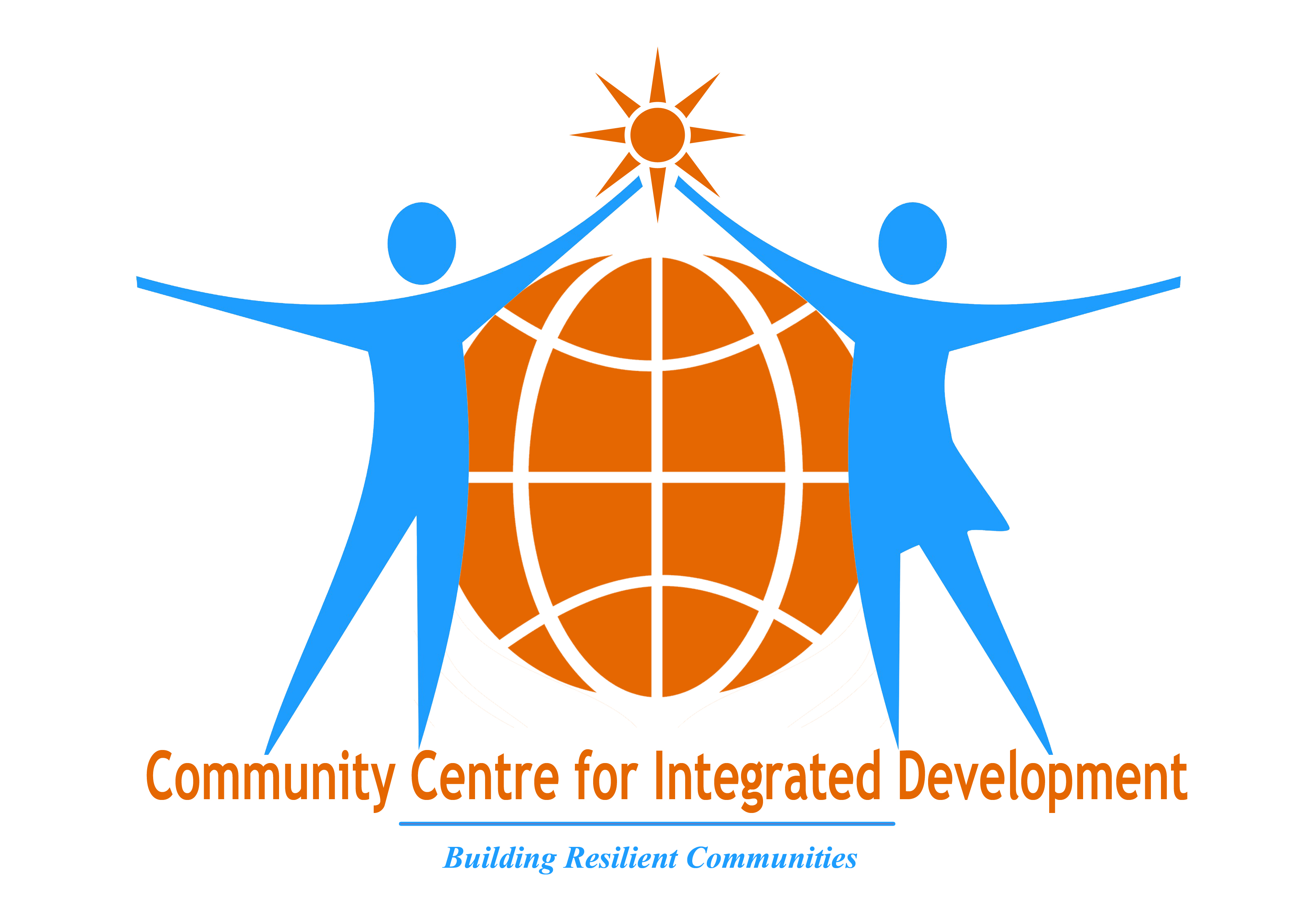Gender Equality
We have an explicit focus on the rights of young girls and women. We are cognizant of the fact that gender is a universal contributor to poverty and injustice and focus our work accordingly. Women suffer inequalities in political participation, in the access to and control of productive resources, and are more vulnerable in emergencies and conflicts. While women have long been key economic and social figures in our society, the notion that they can exercise control over their productive resources and make decisions to explore their full potential is perceived negatively. For sustained social, political, and economic transformation, this perception needs to be reversed.
Furthermore, young women shoulder the burden of care and support in both their households and communities. Their reproductive health rights are often violated due to power imbalances within households, communities, and institutions. These violations of human rights are in direct contradiction to numerous international human rights instruments which require states to take all appropriate measures to eliminate the political, social, economic, and cultural injustices that women face because of their gender.
For example, Cameroon has ratified the Convention on the Elimination of all Forms of Discrimination Against Women (CEDAW), which describes discrimination against women in Article I:
“…the term “discrimination against women” shall mean any distinction, exclusion or restriction made on the basis of sex which has the effect or purpose of impairing or nullifying the recognition, enjoyment or exercise by women, irrespective of their marital status, on the basis of equality of men and women, of human rights and fundamental freedoms in the political, economic, social, cultural, civil or any other field.”
Furthermore, the Protocol to the African Charter on Human and Peoples’ Rights on the Rights of Women in Africa (or the “Maputo Protocol”) similarly recognizes that discrimination against women stands in the way of their human rights being fully realized. Article 1 (f) defines discrimination against women as the following:
“‘Discrimination against women’ means any distinction, exclusion, or restriction or any differential treatment based on sex and whose objectives or effects compromise or destroy the recognition, enjoyment, or the exercise by women, regardless of their marital status, of human rights and fundamental freedoms in all spheres of life.”
Based on these definitions, we have an obligation to actively reject the forms of discrimination against women that are prevalent in our society. Our analysis of the link between gender inequality and poverty indicates that poverty is aggravated by unequal power relations, injustice, exclusion, and the patriarchy more broadly. These are key drivers of young girls’ vulnerability; indeed, thousands of female youths have been denied access to many basic rights. Abuse against women and girls is persistent, systematic, and openly condoned.
Progress has been made by national and international women’s rights organizations that raise awareness about women’s human rights violations, but violence and discrimination against girls still remain global social epidemics. CCID works closely with institutions to make significant strides in advancing the women’s rights agenda at the local, national, and international levels by raising awareness of rights, supporting basic needs of women and girls, and advocating for gender responsive policies and legislation.
We also recognize that persistent harmful religious, social, and cultural beliefs such as female genital mutilation (FGM), widowhood rites and practics, wife battering, forced early marriages, rape, and sexual harassment are significant obstacles in the path toward gender equality in Cameroon and the African continent. At CCID, we devote energy and resources toward studying gender discrimination in communities across the country. We are committed to developing programs and initiatives that fight against gender-based violence and empower women and girls, including:
- Violence prevention programmes in schools
- Leadership training for young girls
- Developing training programs for community actors on concepts relating to human rights and women’s empowerment
- Raising awareness about sexual and gender-based violence (SGBV)
- Training community violence-free mediators
- Constructing mobile mediation posts
Additionally, through the publication of original research and policy/advocacy briefs, we inform the public about our communities’ most pressing gender discrimination issues while pushing policymakers and local leaders to protect women’s rights in every sphere of society.
Descriptions of our projects and programs centered around gender equality can be found here. Please view our Publications section to browse our policy briefs and research pertaining to women’s rights in Cameroon.
